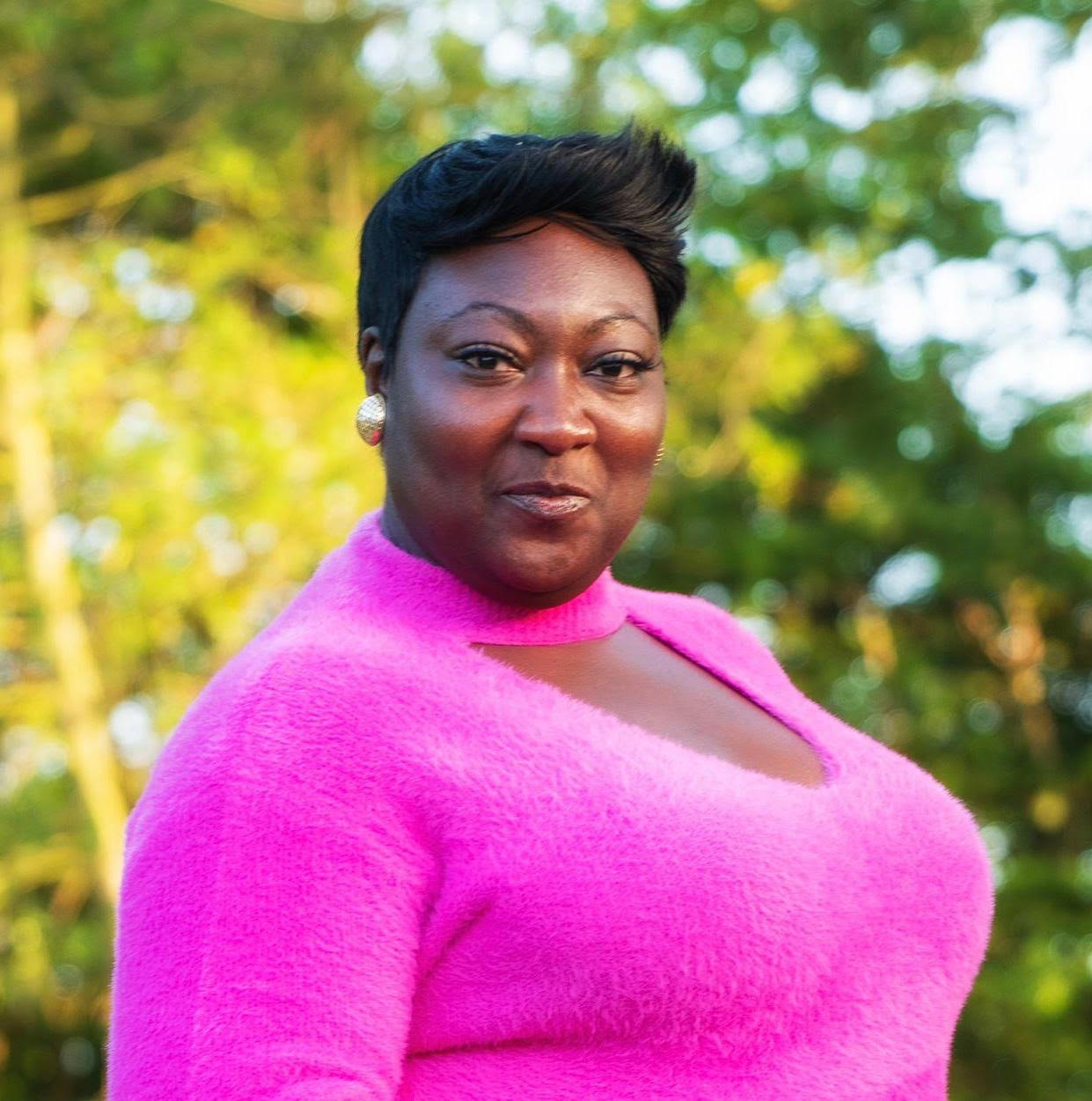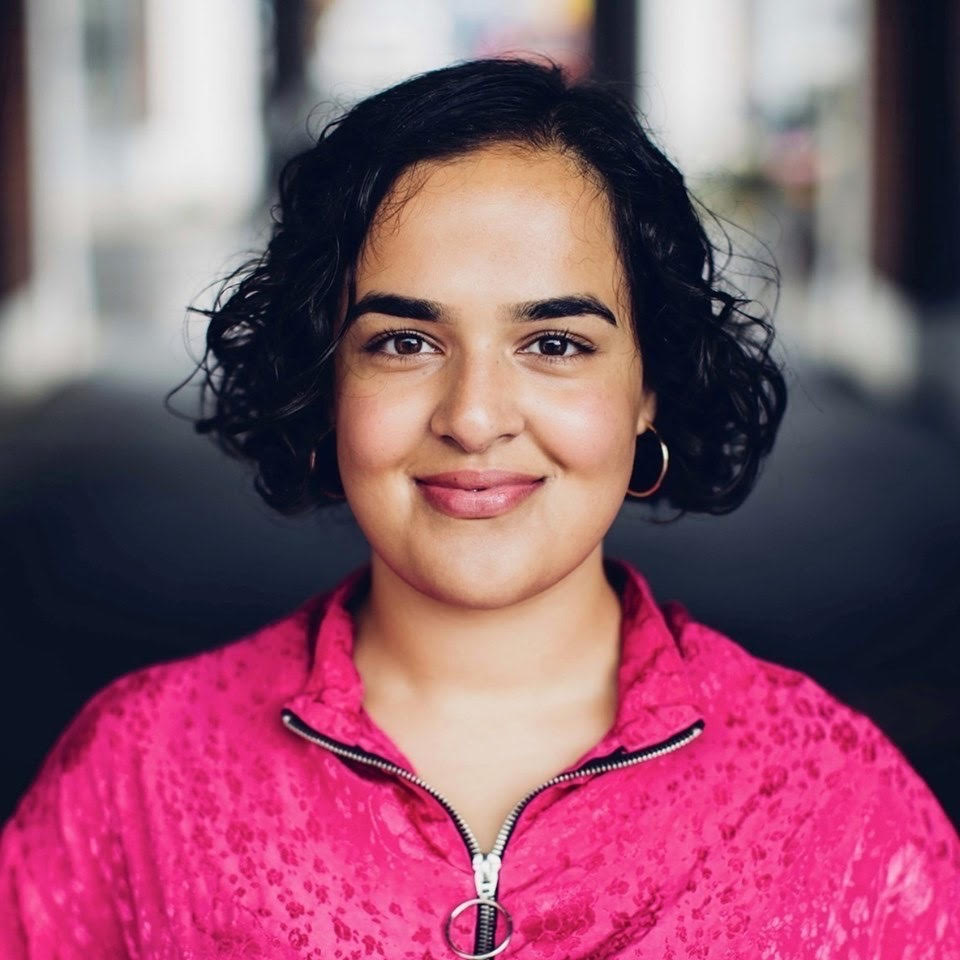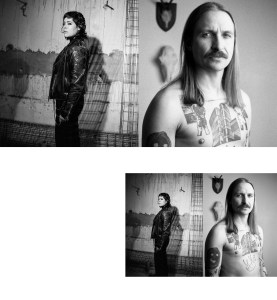Queer nightlife venues across the UK have long been spaces of resistance, excess, drugs, dancing, drama – and lots of sex.
Their appeal in any era is obvious. They’re spaces where LGBTQ+ people, for the most part, don’t have to second guess whether someone is queer. Spaces where holding hands and kissing won’t attract stares.
Videos by VICE
In these hedonistic havens, LGBTQ+ people have the freedom to dress how they want. Here, intimacy – in all its horny, kinky glory – isn’t frowned upon or merely tolerated, but celebrated.
Now we find ourselves in another pandemic: one that has forced queer clubs, pubs, festivals and venues of all varieties to shut their doors. But even before that, queer nightlife faced big challenges. In London, nearly 60 per cent of LGBTQ+ venues have closed since 2006, while the future of pubs like the Admiral Duncan – a living monument to resistance from a far-right terrorist attack – are anything but certain.
Thankfully, as Britain’s queer community has shown time and time again, all is not lost. As we recover – with LGBTQ+ people once again becoming targets of government and tabloid hostility – queer spaces will be vital in bringing our community together.
In a testament to the importance of queer venues – those that are still with us and the ones that were forced to close – ten living LGBTQ+ legends shared their favourite memories with VICE.
Divina De Campo – Drag performer

“As a youngster – back when Moses still walked the Earth – I used to go out to straight venues. I would have been between 14 and 18: it was the 90s, so it was what we all did. They weren’t the most welcoming, to be honest, so once I found out there were actual bars for LGBTQ people there was no looking back. Inside the tiny pub on the outskirts of Huddersfield, The Greyhound, a whole new world opened up to me. It was a world where I could dance, sing, kiss, fall in love, make new friends, drink and – most importantly – live my best gay life without worrying I was gonna get bashed. I met people who I made lifelong friends with in that place.”
Omari Douglas – Actor (‘It’s A Sin’, ‘Wise Children’)

“Synthia at The Queen Adelaide in East London is a night dedicated to one specific artist. There was one particular night in 2019 that was specifically dedicated to the Spice Girls. It was just before their live tour and I had booked to go and see it with a friend in Manchester. Every single song and remix from their discography and solo careers was played. To me that was a haven, because it was nice to be surrounded by people who were geeking out at the same thing and wearing the most incredible outfits.
I wasn’t living in London at the time, so I probably looked a bit scattered with my backpack on and Spice Girls t-shirt. I’m from Wolverhampton and one time when I was out there, at one of its last surviving clubs, the DJ wouldn’t play the Spice Girls when I requested it because it would ‘lower the tempo’ of the night. So it was just nice to feel like there wasn’t going to be any judgement about being obsessed with a girl band. Being able to share a space with people and just have fun, to celebrate a group who were so formative in my introduction to pop culture and who were identifiable as ambassadors for inclusivity, was special.”
Juno Dawson – Author (‘This Book Is Gay’, ‘Margot & Me’)

“My first experience of queer clubbing was the seminal Dynamite Boogaloo in Brighton at the now-defunct The Joint. It was hot, sweaty and packed. Based around a live cabaret with games like Shit Lips and Penny in the Crack, it was an inclusive, student-y space with an even number of boys, girls and anything in-between. As such it never felt intimidating or overtly sexual in the way single-sex spaces can get. Above all, DJ Dynamite Sal played all those 00s hits: Beyoncé, Timberlake, Girls Aloud. It was worth the Friday morning hangover of death.”
“Boogaloo are due to have a big reunion party immediately after restrictions are (hopefully) lifted. I think that’ll be a genuinely moving moment. There is something spiritual about dance. As a community we come together and dance and that’s been sadly missing from our lives.”
Phyll Opoku-Gyimah – Founder of UK Black Pride, Activist

“I remember places like Southtopia Oak Bar, Minories and Blessence, and other venues and club nights put on and promoted by queer Black women and we used to travel all over London — from Stoke Newington to Elephant and Castle and central London — to attend these evenings where our Blackness, our womanness, our cultures would pulse on the dance floor and from the speakers. And there was this sense that no matter the night, no matter the day we had, we could escape into the underbelly of London and find our people.
“I miss that about London. There are ways that vibrancy has really lessened and made this city a little less rich in its offering. LGBTQ nightlife isn’t just about money making for venues and promoters; it’s about creating cities and spaces that make discovering who we are part of our experience and love affair with that city.”
Nadia Whittome – Labour Member of Parliament

“Some of the best nights out I’ve had were in Propaganda in Nottingham’s Lace Market. It didn’t matter where the night started, it often ended in Propaganda. Open until 5AM, it’s in the most beautiful old building but the inside was all sticky floors and sweaty walls. No one cared who you were, everyone was just having a good night. In a city where locals and students usually go to different clubs, Propaganda was a real mix. I loved the range of people you’d bump into there – from university classmates, to my neighbours, to people who I’ve known almost my entire life. And you would of course inevitably become best friends for the night with drunk girls you met in the loos, who you’d never see again.
Sadly, Propaganda didn’t survive the pandemic. After 11 years, the owners announced last May that they couldn’t afford to renew the lease. It will leave a huge hole in Nottingham’s queer scene. We need to fight for LGBTQ+ venues, particularly as gentrification in many places threatens to push them out. With hate crimes rising, having spaces where our community can just be ourselves, without fear or prejudice, is absolutely essential.”
Tom Rasmussen – Author (‘First Comes Love’) and performer

“The East London queer club scene is where my friends and I came of age as performers, lovers, friends, partiers, and people seeking community. So many of the most legendary venues are gone — but the ones that remain: I remember getting with someone downstairs at DSS and then coming upstairs to find my best mate Hatty dancing on the bar in a wet swimming costume she had in her bag and being offered a weekly gig cos she’d used face paint to do a legendary drag face.
Vogue Fabrics’ basement has housed countless iconic performances where we got to explore queer futures, desire, euphoria — and when my band headlined there a few times, it was like a queer-safe mosh pit. At the Glory I’ve been nearly naked on stage, covered in beer, singing Delta Goodrem to a crowd of screaming friends and queer icons. And I’ve seen some of the best performances, looks, attitudes in those spaces. My god, it’s all so good. Honestly it’s actually all very blurry, but in the best way: All I remember is joy, freedom, desire and so much dancing like we can dance nowhere else.”
Travis Alabanza – Performer (‘All The Ways We Could Grow’) and writer

“My neck was hurting from staring up at the stage. I was sat on one of the front tables at the Royal Vauxhall Tavern, known by those who know as the RVT, looking up at the raised stage at the shadowed figure of David Hoyle. David Hoyle, or Divine David depending on what era you were born maybe, was in the middle of one of their sermonic lectures about the government, poverty and war. I was not so new to London that I had not found out that to get a front table at the RVT you had to arrive early, but not so settled in that I was reserved a table or performing on stage with David – that would be a few years on from now.
For those who are aware of David Hoyle, they will know exactly the kind of sermon I am talking about, and how no words can never really do justice to the way David controls a microphone and an audience. How it can feel like David is both making up everything on the spot, until a small smile cracks after a laconically witty joke, and you realise how many cogs are turning in his brain as he performs.
He says: ‘Ladies and gentlemen, and those lucky enough to transcend gender.’
And with one simple yet explosive phrase, I feel so glad to be in this bar.”
Tom Aspaul – Musician

“Just before the pandemic, in 2019 I moved back to the West Midlands after a decade living in London. I knew the East London scene inside out. I could go for one drink anywhere and I’d bump into someone I knew. Back home in the Midlands, most of my friends had moved away, so I felt isolated.
In October 2020, things had opened up slightly, so I thought it was about time I took the plunge and began exploring the local queer scene. I saw there was an All-Day Halloween Drag show at The Nightingale in Birmingham. I’d spent my 21st birthday there several years before, but not much time since. I arrived at 4PM with my pal, we were seated right at the front (to make up the table numbers, we befriended two lovely random people in the queue).
Everyone was so chatty, friendly, up for a laugh. We made so many friends in the queue, let alone inside. The show itself was amazing, the atmosphere was electric and inclusive. Hosted by Yshee Black, I don’t think I’d screamed that loud in such a long time. Everyone in there knew it was going to be their last big night out for quite some time (until May 2021, actually) so people were really going for it. before we knew it, it was midnight and time to go. Any worries I’d had – about whether I’d ever feel at home as much as I did in London – were completely swept aside over the course of eight fabulous, camp hours.”
Lisa Power, Stonewall co-founder and activist

“Does anyone else remember Quack Disco on Friday nights, in Lancaster’s Catholic Club – the only place in town that would have us – back in the mid 70s? In Cardiff, where I live now, the bars weren’t dyke-friendly at all back then, but queer life – and more – was all here in Lancaster.
Quack Disco held so many memories: Tamla, Northern Soul, Maria Muldaur and more. The night the local Hells Angels tried to pick on the gay men, but the lesbians beat them up for it. The first dance with my first girlfriend. I still rock out to the Stones and feel mild feminist guilt, but it didn’t stop me then and never will.”
Glyn Fussell – Co-creator of Sink the Pink and Mighty Hoopla Festival

“The moment when I think about my love for queer spaces was at its biggest was – dare I say it! – at my own club night. It was Sink the Pink in Bethnal Green Working Men’s Club. It was such an embodiment of what London and especially what east London was at that point in time. It was still an active working men’s club and there we were – scantily clad drag queens, trans people, club kids – and we all just thrived together. It really made me understand London in a different way.”
“It made me realise that you don’t have to occupy ‘conventional’ queer spaces. You can create them. And that’s something I’ve been trying to do my whole life. It was a pure moment of escapism. A mix of famous people, of brand new kids who’ve just come to London. We were in the eye of the storm and it was magical. A little hidden gem in the middle of a council estate. Bethnal Green Working Men’s Club has continued to be a space for people who don’t fit in. It’s a really uniquely east London place that will be close to my heart forever.”
Francis Lee – Director (‘God’s Own Country’, ‘Ammonite’)

“From the outside, the Royal Vauxhall Tavern is a grotty, south London pub, but on the inside it felt like the most exciting, energised place I’d ever been. I would spend many happy nights dancing and laughing there. Most weekends I would go to the RVT for Duckie. Pre the explosion of cool east London, Duckie catered for an alternative, disco, multi-generational crowd with flicky hair and dirty trainers. I was lucky and often hung out with my friend Stephen or Adrian there, drinking pints, smoking fags and looking at boys way too cool to talk to me. I remember one Saturday night in Duckie, stood on the cramped raised platform, looking around at the throng of people dancing to a tune courtesy of the resident DJ’s The Readers Wives, and I couldn’t have felt more elated to be part of it.”
“Queer spaces are our cultural, political and social heritage, our churches, safe houses, they represent freedom, our hunting grounds, our romantic lives, our support systems. They served as spaces where we could be our authentic selves, not censored by heteronormativity or assimilation. They were the spaces raided by the police for our ‘transgressive’ lives, where political activism grew to demand our equal rights, where anger flourished due to the lack of institutional support for HIV and AIDS leading to our own direct action.
“They were filled with fags and fairies, queers and clones, found families, dykes, brothers, sisters. With the gentrification of our cities and the homogenisation of our culture, we will sadly lose these spaces. Is this progress? I’m not convinced, and I, for one, would advocate protecting our queer spaces for queer people.”
More
From VICE
-

-

Screenshot: The Game Awards -

Amy and Stephen Allwine on their wedding day. Years later, Stephen went on to arrange the murder of his wife (Photo: Your Tribute) -

Andreas Rentz/TAS24/Getty Images/TAS Rights Management

